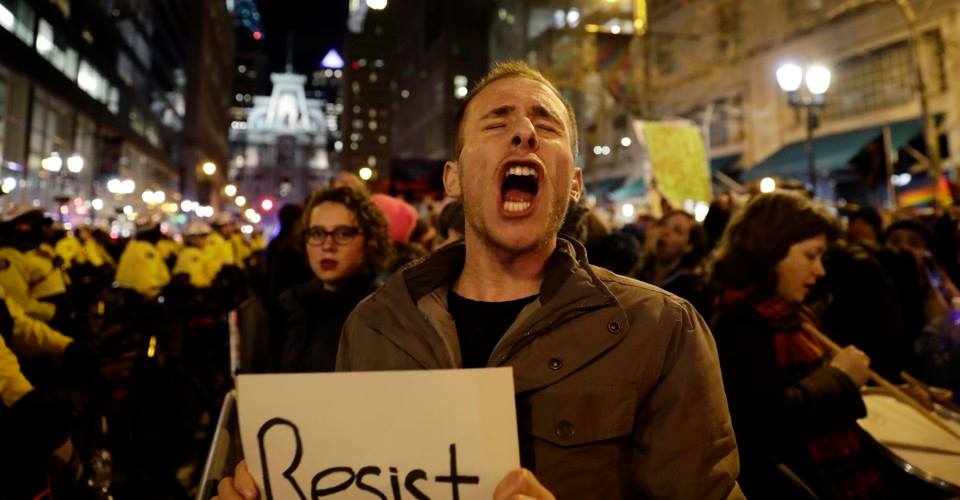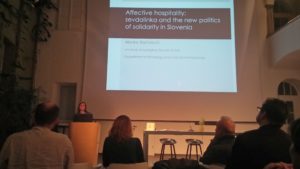Music and Musicians “in the Days of Corona” – creating a new hope or deepening inequalities?
Coronavirus (COVID-19) pandemic not only determines our agenda but also surrounds us all. What we do and what we cannot, everything is related to it. We live through the pandemic and speak its language. Our way of seeing the present world, our ways of understanding the past and envisioning the future are all under transformation. This epistemological shift, most probably, will become more distinctive in the following days and we will discuss it a lot. My intention here is to think about how our relationship with music gets and can get its share of this transformation.
Keywords: Corona pandemic, precarity, solidarity



